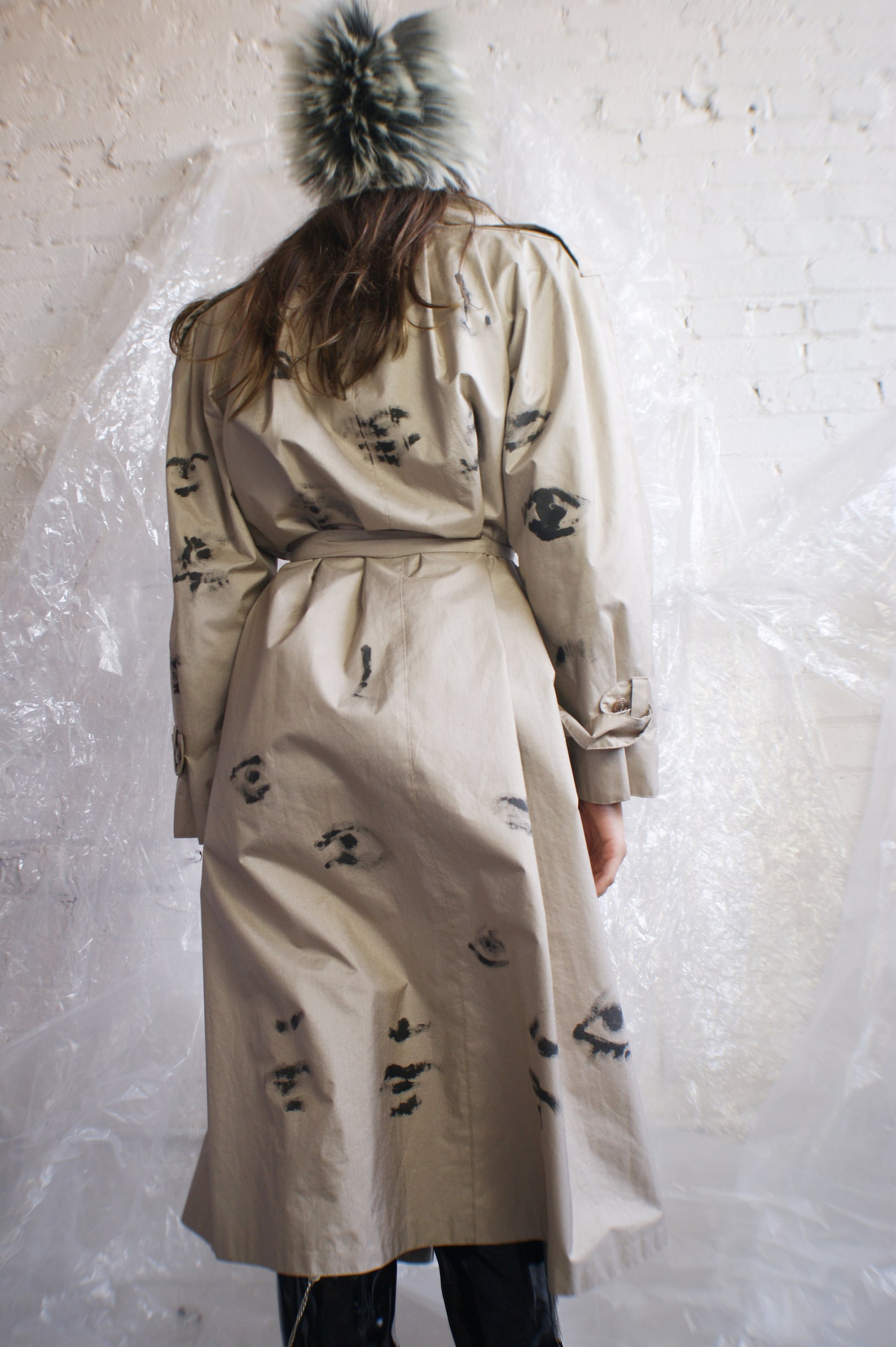

Akaky Akakievich frets about the expense, as he does not earn nearly enough to afford Petrovich’s initial price. Petrovich tells him it cannot be saved, and he must have a new one made. He decides to visit his tailor, Petrovich, and see if the coat can be darned or patched to make it thicker.

Furthermore, he is often teased about it, as his coworkers refer to it as a dressing gown, traditionally a woman’s garment in the original Russian. One day, Akaky Akakievich realizes that his coat has grown threadbare and ineffective against the harsh Russian winter. Nothing else seems to exist for him other than rewriting other peoples’ words and enduring the taunts and torments of his coworkers. This moment awakens sympathy in an unnamed coworker but largely leaves Akaky Akakievich’s lot unchanged.Įven when he is offered easier work, as a reward for his consistent handwriting and dedication, he prefers to return to the grunt work of copying. He bleats, “Leave me alone! Why do you insult me? I am your brother” (307). He does, however, speak up against his mistreatment on one occasion when his fellow clerks come to jostle his arm while working. He thinks of nothing other than copying papers day and night, not needing rest, respite, or relaxation. For all his mistreatment, he is consumed by his work. The building’s porters (janitors) do not treat him with respect, taking “no more notice of him than if a simple fly had flown across the reception room” (306).

His superiors throw papers his way, not feeling the need to be polite or observe any formal niceties. His coworkers jeer at him and make jokes at his expense. Akaky Akakievich’s workplace therefore goes unspecified to “avoid any unpleasantness” (305).Īkaky Akakievich is unremarkable in many ways and overlooked or bullied in others. The narrator of “The Overcoat” refers to the department in oblique terms, saying “there is nothing in the world more touchy than a department, a regiment, a government office, and, in fact, any sort of official body” (304).

The text of “The Overcoat” follows a brief period in the life of Akaky Akakievich Basmachkin, an unassuming clerk in an unnamed department of the Russian government. The text and translation were edited by Leonard J. This guide refers to Constance Garnett’s translation from the original Russian, published in volume two of The Complete Tales of Nikolai Gogol.


 0 kommentar(er)
0 kommentar(er)
